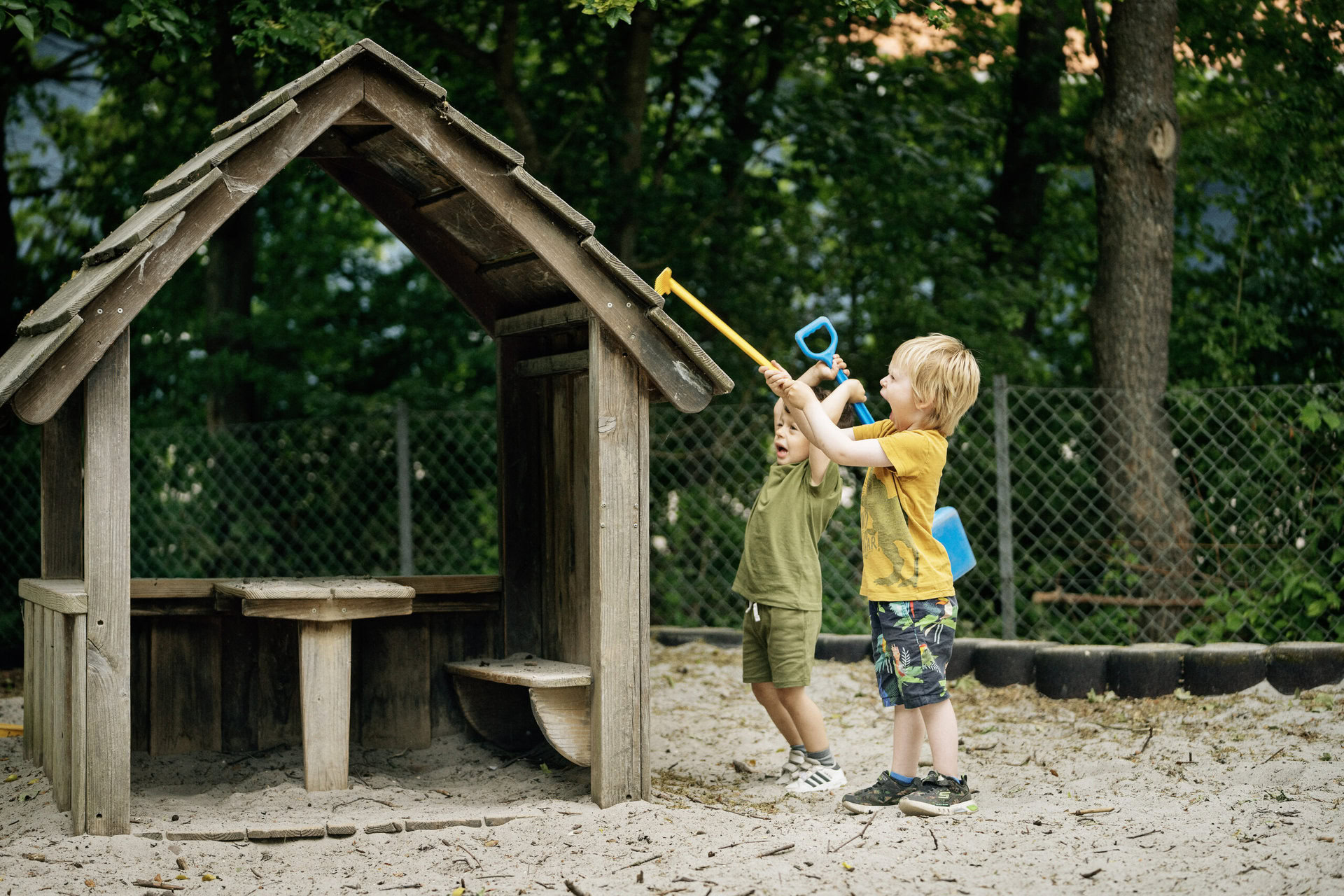Introduction
The World Playground Research Institute is fortunate to have several global connections and collaborators, including Jenny Veitch. Jenny is a Professor within the Institute of Physical Activity and Nutrition (IPAN) at Deakin University in Melbourne, Australia.
In her research, she focuses on the impact of the built and natural environment on health behaviours:
“I’m particularly interested in understanding how the design of parks, playgrounds, and open spaces can optimise opportunities for physical activity and social interaction across people’s lifetimes.”
Jenny’s interest in this field sparked during her PhD, awarded in 2008. Her research delved into the dynamics of children’s active free play and highlighted the importance of parks, playgrounds, and open spaces. Since then, Jenny has committed the last 15 years of her research career to better understanding how these spaces can be designed to encourage and support visits by children, teens, adults, and older adults.
ProjectPARK
One of Jenny’s projects, ProjectPARK, focused on investigating encouraging park features that attract children (aged 8-12), teens (aged 13-18) and older adults (aged 65+) to frequent parks, and foster active engagement and social interaction during their park visits.
The research on ProjectPARK included:
- Walk-along interviews with 30 children, 34 teens, and 30 older adults in nine parks of varying size and amenity located in diverse socio-economic status areas of Melbourne, Australia. As participants walked through these parks, they discussed features important to them and proposed what features could be changed or added to promote park visits and increase their active and social park use.
- Two surveys with children, teens, and older adults. First, participants evaluated images of park features, expressing how much the feature made them want to visit, be active, and socialize in the park. In the second survey, participants had to select between sets of parks with differing park features, choosing the parks that would best encourage them to visit and be active and social.
- Interviews with 23 stakeholders employed in park design, planning, and management, to understand how they make decisions about new park designs. Additionally, ProjectPARK explored ways for incorporating their research findings on significant park characteristics into the stakeholder’s policy and planning approaches.
Want to learn more about ProjectPARK’s findings?
Gain further insights by taking a look at their informative brochure:
Bridging the gap between Research and Practice
Alongside the exploration of engaging park features, ProjectPARK also investigated the obstacles involved in communicating research findings to practitioners and policymakers.
Jenny: “Some key challenges in translating research findings (…) include time and cost constraints, difficulties accessing research, and limited research relevant to their specific needs.”
To address this gap, Jenny highlights the importance of developing partnerships and collaborations between researchers and park/playground designers. Presenting research findings in an accessible and user-friendly format – such as short summaries, infographics, and dedicated research databases – developed with input from practitioners and policymakers can additionally ensure that evidence is effectively applied to improve park design and, ultimately, public health.
Curious about Jenny Veitch and her research?
Search for her work in our article database:



